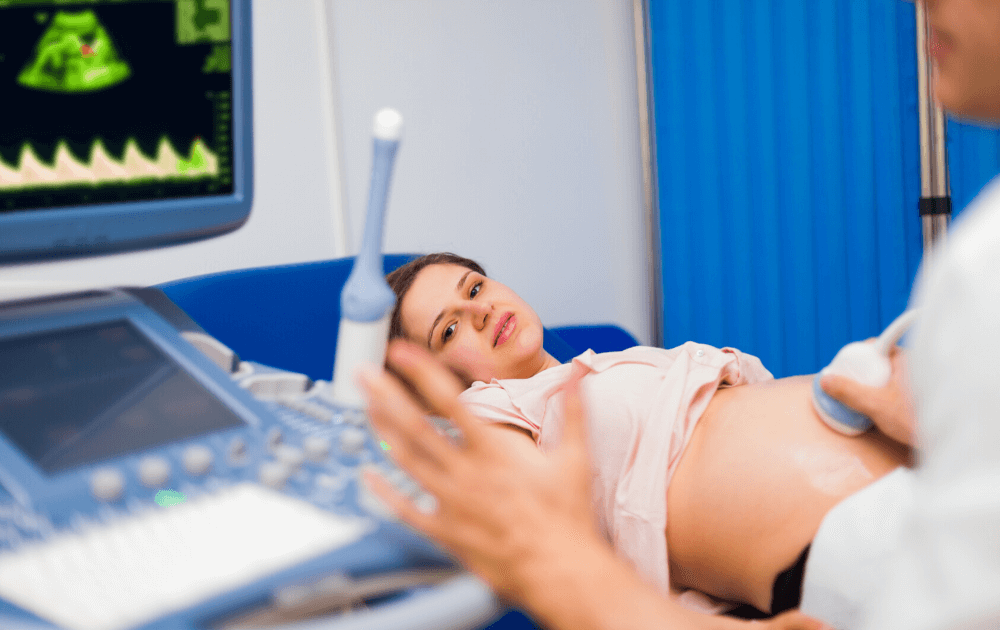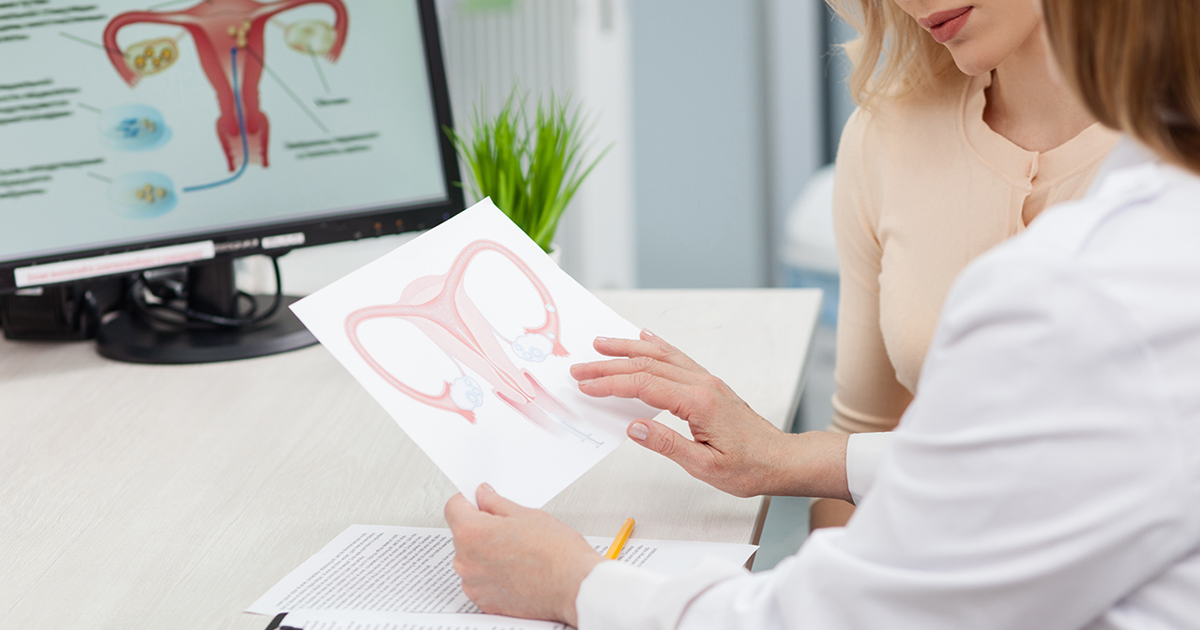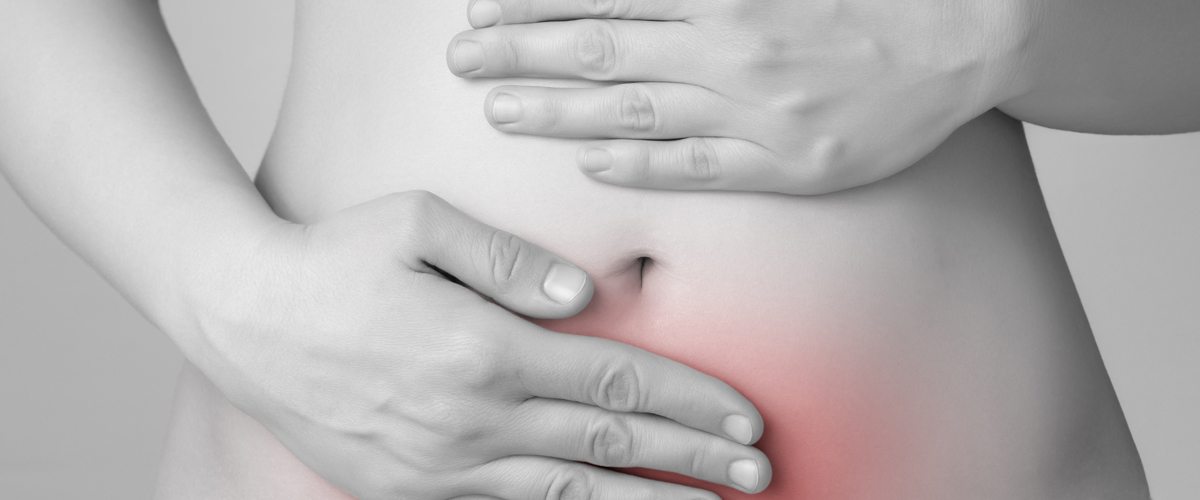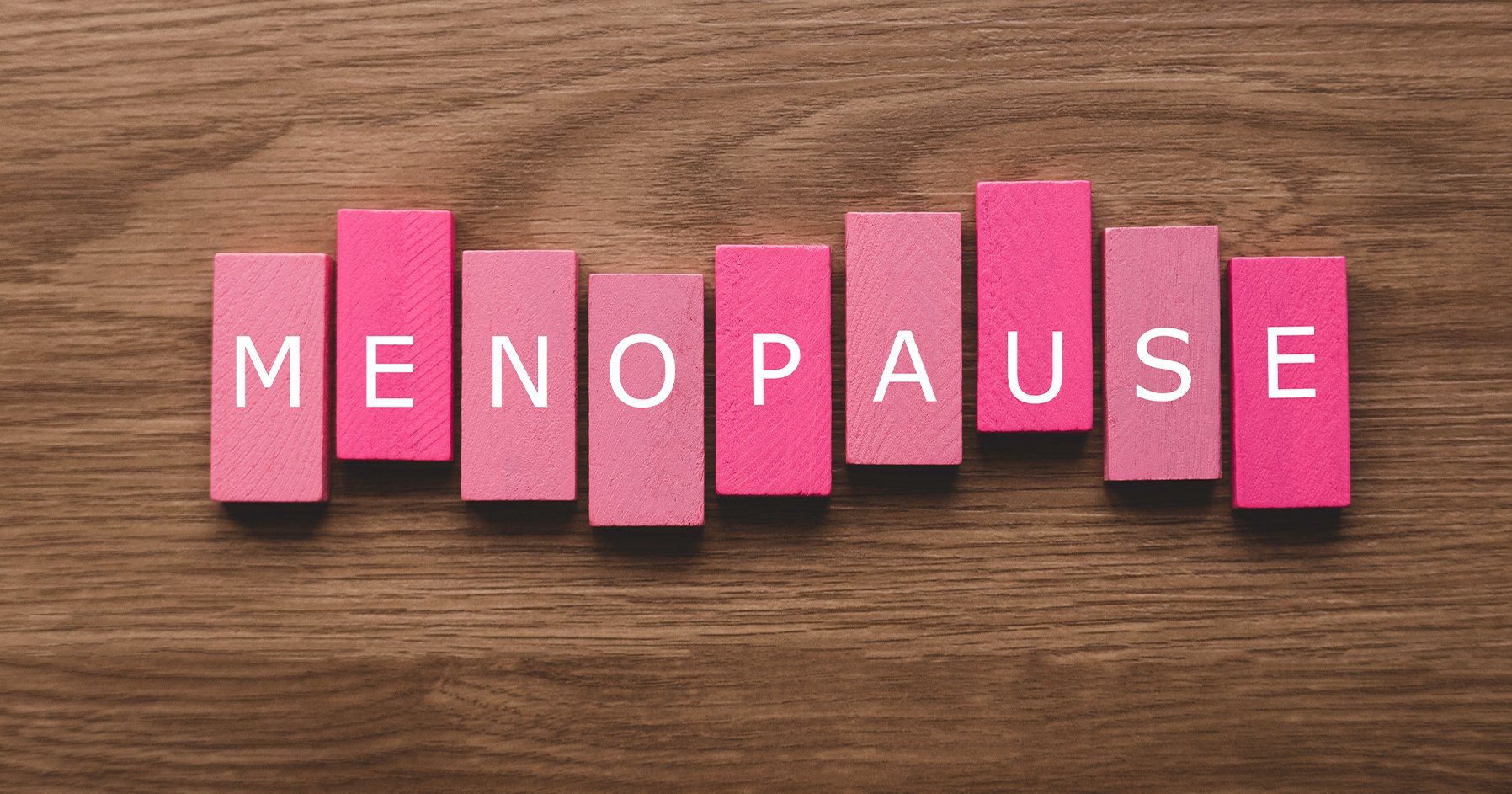In all things associated with the reproductive system, good sexual and reproductive health is a condition of total physical, mental, and social well-being. It indicates that people will have a fulfilling and safe sexual life, the ability to reproduce, and the freedom to choose if, when, and how frequently they do so.
What is Reproductive Health?

source: innohealthmagazine.com
Sexual and reproductive health encompasses physical well-being and the right to healthy and respectful relationships, inclusive, safe, and appropriate health services, accurate information, effective and affordable contraception, and timely support and services in the event of unintended pregnancy.
Menstruation, fertility, cervical screening, contraception, pregnancy, sexually transmissible infections, chronic health problems (such as endometriosis and polycystic ovary syndrome), and menopause are linked to distinct life phases for women’s sexual and reproductive health.
Female Reproductive Issues
Below are some of the most prevalent reproductive health risks for women, and every woman should have proper awareness about them.
1. Gynecologic Cancer

source: cancercenter.com
We define all kinds of cancers that begin in a woman’s reproductive organs as gynecologic cancer. These harmful matters can start developing anywhere in a woman’s pelvis, which is the area beneath her stomach and between her hip bones. Common cancers include:
- Cervical cancer
- Ovarian cancer
- Uterine cancer
- Vaginal cancer
- Vulvar cancer
2. Uterine Fibroids
You can notice it as the most commonly present form of cancer in women. These are naturally noncancerous tumors in women of reproductive age. In such cases, the fibroids, which are particular muscle cells and other tissues, start developing in and around the uterus, or womb’s, wall. There is no specific reason for them. Fibroid symptoms include:
- Heavy or painful periods
- Bleeding between cycles.
- A sense of being “full” in the lower tummy.
- Frequent urinating
- During intercourse, there is pain.
- Back pain in the lower back
- Infertility, multiple miscarriages
- Premature delivery
These are all examples of reproductive issues.
However, some women will show no signs or symptoms, and that is why it is critical to see your gynecologist doctor for routine examinations.
3. Endometriosis

source: healthmatters.nyp.org
It is a uterine condition that affects women. It occurs when the tissue that lines the uterus, also known as endometrial tissue, develops in locations other than the uterus, such as the ovaries, the pelvic region, the colon, etc.
You should understand that it is incredibly uncommon for endometrial tissue to extend beyond the pelvic area. As these tissues are not in a proper place, they get inflamed and painful due to hormonal changes related to the menstrual cycle. Similar to how the uterine lining is lost each month when you have your period, these tissues are shed each month, but since they have nowhere to go, they multiply rapidly in the pelvic area. Other symptoms include:
- Extremely painful periods
- Irritation
- Infertility
- Formation of scars
Due to these, the tissues force the organs in the pelvic area to stick together.
Although most women have no symptoms of endometriosis, it is easy to diagnose through testing such as ultrasonography and laparoscopy.
4. Menstrual Disorders
Hormonal imbalances, clotting, cancer, ovarian cysts, uterine fibroids, heredity, and Sexually Transmitted Diseases, are almost always the cause of menstrual cycle abnormalities. The medical system is founded on the patient’s medical history, symptoms, and procedures such as pelvic exams, hormonal checking, blood tests, and other similar studies.
The majority of menstruation irregularities may be treated surgically, with medications, or by changing your diet. The following are some of the most frequent menstrual cycle abnormalities:
- Absence of menstruation or Amenorrhea
- Premenstrual syndrome (PMS)
- Fibroids
- Menstrual bleeding that lasts for a long time or is very heavy
- Menstruation may be light or nonexistent.
5. Premenstrual Syndrome (PMS)

source: pinterest.com
PMS is a persistent condition that affects menstruating women and is easy to identify by distressing physical, behavioral, and psychological symptoms that occur regularly during the ovulation phase of the menstrual cycle (from ovulation to the start of a period) and then fade or disappear by the end of the period (menstruation). The following are some of the most common psychological and behavioral symptoms:
- Mood swings
- Depression
- Tiredness
- Fatigue
6. Sexually Transmitted Infection
The most crucial measure is to protect against HIV and human papillomavirus (HPV) infection (the world’s most frequent STI). However, it is also essential to improve the prevention and treatment of gonorrhea, chlamydia, and syphilis. Every year, untreated syphilis causes over 200,000 stillbirths and early fetal deaths and the deaths of over 90,000 infants.
7. Menopause

source: endocrine.org
Every woman must go through menopause at some point in her life. It is detectable by a woman’s lack of periods, which shows that she is no longer capable of producing children. Although menopause is not a sickness, it might create specific issues for some people.
Some women find it difficult to cope with the symptoms of menopause in general.
Menopause symptoms and signs might begin a year in advance and last for another year. Among the signs and symptoms are:
Irregular menstrual periods
- Flashes of heat
- Dryness of the vaginal canal
- Insomnia
- Sweats at night
- Urinary problems
- Emotional problems
- Hair loss is a common problem.
- Fertility issues
Conclusion
Women may reach optimal health and wellbeing through having access to sexual and reproductive health services, quality information about living a healthy lifestyle, and physical and mental health services. As a result, it’s critical to consult best gynecologist and ask detailed questions. You’re more likely to get the treatment you need if you take charge of your health.
FAQs

source: topgynecology.com
1. What causes issues with the reproductive system?
Pesticides and other chemicals and radiation can cause overexposure to specific environmental conditions. Smoking, alcohol, marijuana, anabolic steroids, antibiotics, high blood pressure, and depression can all impact fertility.
2. Enlist the most common women’s health issues?
Here are some of the most common health risks that women face and what you can do to reduce your risk:
- Heart disease
- Stroke
- Diabetes
- Urinary tract infections
- Sexual health
- Breast cancer
- Osteoporosis
3. How can I help the female reproductive system?
- Stop smoking. A single cigarette includes many hazardous compounds that can lead to addiction, cancer, and heart problems.
- Attend screenings regularly
- Make sure you’re having a safe sex session.
- Have orgasms regularly
- Calcium and magnesium intake should be increased.
- Keep a healthy lifestyle.





